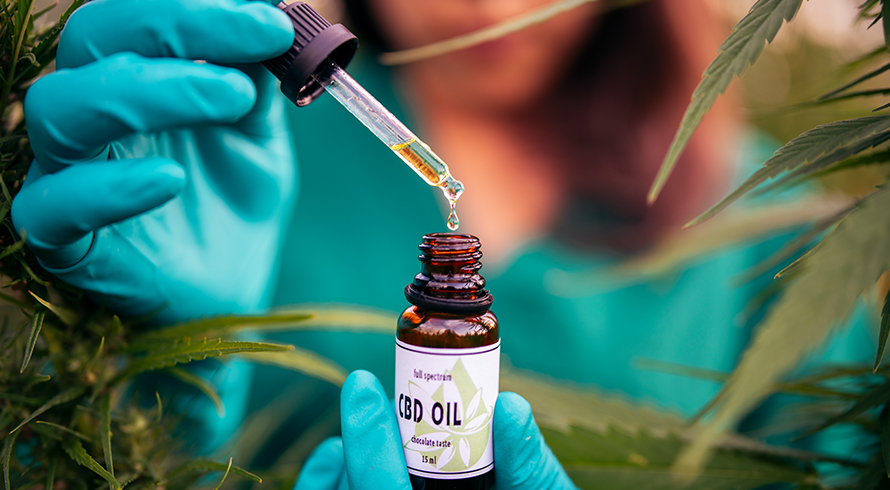Reimbursement claims for COVID-19 tests, unpaid leave, and loss of income under section 73A of the BCEA
At a glance
- Section 73A of the BCEA allows employees earning below the prescribed threshold to claim unpaid wages or benefits at the CCMA.
- In the case of Cousins v Bill Buchanan Association, the employee claimed unpaid sick leave, leave due to civil unrest, COVID-19 test costs, and loss of income for her private business.
- The CCMA found that the claims for COVID-19 test costs and loss of income were not covered under section 73A, and the employee should have applied for illness benefits under the TES Scheme for exhausted sick leave. The case was dismissed.
In the CCMA matter of Cousins v Bill Buchanan Association [2022] 1 BALR 46 (CCMA), the disruptions occasioned by the COVID-19 pandemic and the civil unrest of July 2021 gave rise to questions as to who bears the cost of COVID-19 tests required by an employer, whether an employee who has exhausted leave entitlements may nevertheless claim compensation in respect of deductions for unpaid leave despite failing to report for duty, and whether the provisions of section 73A of the BCEA might lay the foundation for loss of earnings claims for an employee’s private business.
Ms Cousins relied on section 73A when she referred a claims dispute to the CCMA, alleging that her employer owed her monies for:
- deductions of unpaid sick leave in the amount of R6,783.11, and R4,034.94 of unpaid leave due to the unrest in KwaZulu-Natal, totalling R11,718.05 for the period between 30 April 2020 and 31 July 2021;
- R8,500 for 10 COVID-19 tests; and
- loss of income for her private business in the amount of R27,000.
Claims covered under section 73A of the BCEA
The employer in this matter submitted that the referral should be dismissed on the basis that the referred claims are not covered under section 73A of the BCEA. The issue that was to be decided was whether Cousins was entitled to such a claims dispute in the circumstances.
Firstly, the employer submitted that the Directions for Health and Safety in the workplace, dated 4 June 2020, provide that if an employee’s sick leave entitlement is exhausted, they must make an application for an illness benefit in terms of clause 4 of the directive issued on 25 March 2020 on the COVID-19 Temporary Employer Relief Scheme (TES Scheme). In terms of Cousins’ employment contract, any sick leave in excess of 30 days in the relevant leave cycle may be unpaid.
The employer submitted that Cousins used the sick leave due to her excessively, and as a result of having exhausted her sick leave entitlements, should have directed her claim for unpaid sick leave to the Department of Employment and Labour in terms of section 20 of the Unemployment Insurance Fund, which expressly states that if an employee’s sick leave entitlement is exhausted they must make an application for an illness benefit.
Furthermore, the employer submitted that its business was operating at full capacity during the unrest. At no point in time did the employer instruct Cousins to stay off duty during the unrest. She, however, took a different view, stating that she was not informed that the employer would implement the no work no pay rule during the unrest. She also claimed that she was not informed that she needed to apply for the illness benefit under the TES Scheme.
Cousins also argued that her employer owed her for the loss of income for closing her nail business which was operating under the respondent’s business.
CCMA findings
In terms of the three claims by Cousins, the Commissioner found that:
- The money that Cousins claims she was owed in terms of her COVID-19 tests, and her loss of income for private businesses, fell outside what is expressly covered by section 73A of the BCEA.
- In terms of her exhausted sick leave, Cousins ought to apply for illness benefits in terms of the TES Scheme.
- As she had exhausted her sick leave and failed to tender her services during the unrest where the employer was fully operational, Cousins could not claim leave for the period of the unrest.
While the issue of compensation for the costs incurred by Cousins in respect of her COVID-19 tests fell outside of the scope of section 73A, the Commissioner remarked that item 27 of the Directions for Health and Safety in the workplace places a clear obligation on employers to implement health and safety measures to curb the spread of COVID-19, such as screening workers when they report for duty and requiring workers to be tested for the virus, when needed.
The Commissioner dismissed Cousins’ case, finding that she was not owed any amount in terms of section 73A of the BCEA.
Employers can be comforted by the fact that any monetary claims that fall outside of the payments expressly indicated in section 73A of the BCEA will not be entertained by the CCMA, and employers should carefully scrutinise a monetary claim by an employee when considering whether it should raise this jurisdictional point.
The information and material published on this website is provided for general purposes only and does not constitute legal advice. We make every effort to ensure that the content is updated regularly and to offer the most current and accurate information. Please consult one of our lawyers on any specific legal problem or matter. We accept no responsibility for any loss or damage, whether direct or consequential, which may arise from reliance on the information contained in these pages. Please refer to our full terms and conditions. Copyright © 2026 Cliffe Dekker Hofmeyr. All rights reserved. For permission to reproduce an article or publication, please contact us cliffedekkerhofmeyr@cdhlegal.com.
Subscribe
We support our clients’ strategic and operational needs by offering innovative, integrated and high quality thought leadership. To stay up to date on the latest legal developments that may potentially impact your business, subscribe to our alerts, seminar and webinar invitations.
Subscribe




